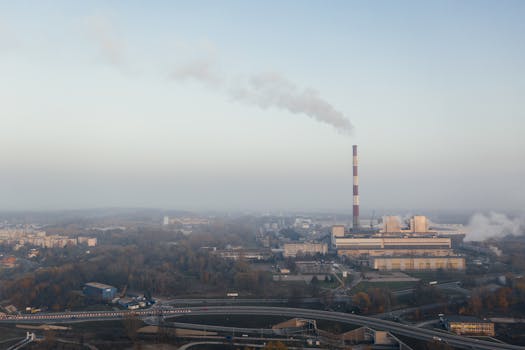
The Impact of Climate Change on Global Ecosystems
Introduction to Climate Change
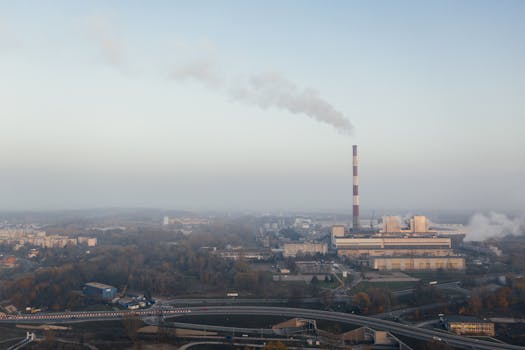
Climate change is one of the most pressing issues of our time, with far-reaching consequences for our planet and its inhabitants. Climate change refers to the long-term warming of the planet, which is primarily caused by the increasing levels of greenhouse gases in the Earth’s atmosphere. These gases, such as carbon dioxide and methane, trap heat from the sun and prevent it from being released back into space, leading to a rise in global temperatures.
Effects of Climate Change on Ecosystems
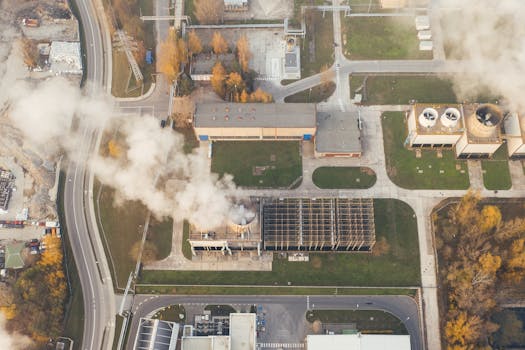
The impact of climate change on global ecosystems is widespread and varied. Rising temperatures are causing melting of polar ice caps, sea-level rise, and altered ecosystems. More frequent and severe heatwaves, droughts, and storms are also becoming increasingly common. These changes are having a devastating impact on plant and animal species, many of which are struggling to adapt to the changing conditions.
Rising Temperatures and Sea-Level Rise
One of the most obvious effects of climate change is the rise in global temperatures. This is causing melting of polar ice caps, which is contributing to sea-level rise. As the ice caps melt, sea levels are rising, causing coastal erosion, flooding, and saltwater intrusion into freshwater sources. This is having a significant impact on coastal ecosystems, including mangroves, coral reefs, and salt marshes.
Changes in Precipitation Patterns
Climate change is also altering precipitation patterns around the world. Some areas are experiencing more frequent and severe droughts, while others are seeing increased flooding. This is having a significant impact on ecosystems, including forests, grasslands, and wetlands. Many plant and animal species are struggling to adapt to these changes, which is leading to population declines and even extinctions.
Increased Frequency of Natural Disasters
Climate change is also leading to an increase in the frequency and severity of natural disasters, such as hurricanes, wildfires, and heatwaves. These events are having a devastating impact on ecosystems, causing widespread destruction and loss of life. Many communities are also being displaced, which is putting a strain on local resources and infrastructure.
Consequences of Climate Change
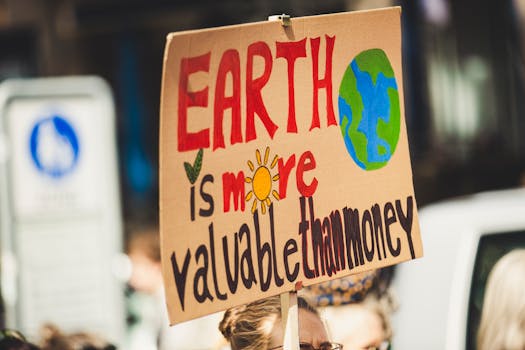
The consequences of climate change are far-reaching and varied. Some of the most significant consequences include:
- Loss of biodiversity: Climate change is leading to a decline in plant and animal populations, which is having a ripple effect throughout ecosystems.
- Water scarcity: Changes in precipitation patterns and increased evaporation due to warmer temperatures are leading to water scarcity in many areas.
- Food insecurity: Climate change is affecting agricultural productivity, leading to crop failures and reduced yields.
- Human migration: Climate change is causing displacement of communities, which is putting a strain on local resources and infrastructure.
Conclusion
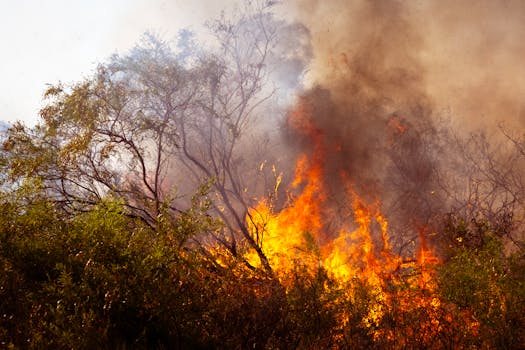
In conclusion, the impact of climate change on global ecosystems is significant and far-reaching. Rising temperatures, sea-level rise, and altered ecosystems are having a devastating impact on plant and animal species. It is essential that we take immediate action to reduce our carbon footprint and mitigate the effects of climate change. This can be achieved through a combination of renewable energy sources, sustainable land use practices, and climate-resilient infrastructure. By working together, we can reduce the impact of climate change and create a more sustainable future for all.





